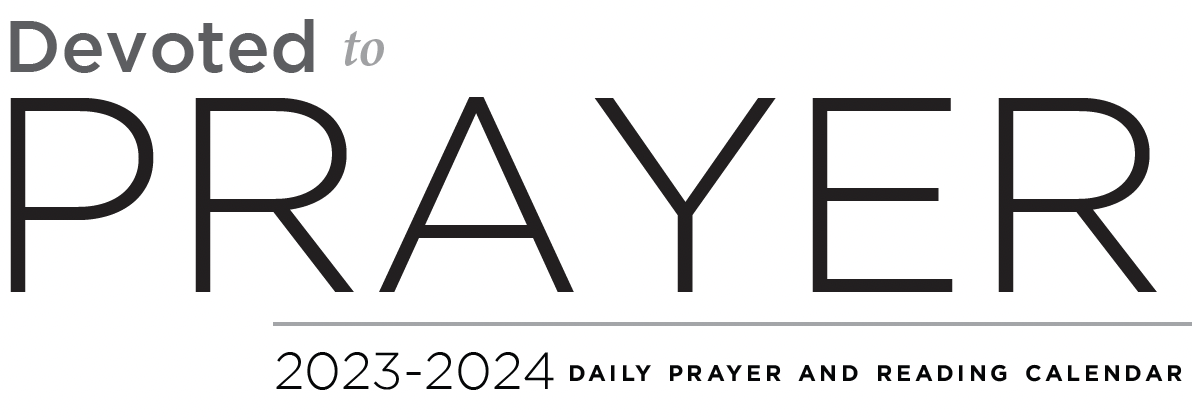
Mark 7:9–23 (Listen)
9 And he said to them, “You have a fine way of rejecting the commandment of God in order to establish your tradition! 10 For Moses said, ‘Honor your father and your mother’; and, ‘Whoever reviles father or mother must surely die.’ 11 But you say, ‘If a man tells his father or his mother, “Whatever you would have gained from me is Corban”’ (that is, given to God)—12 then you no longer permit him to do anything for his father or mother, 13 thus making void the word of God by your tradition that you have handed down. And many such things you do.”
What Defiles a Person
14 And he called the people to him again and said to them, “Hear me, all of you, and understand: 15 There is nothing outside a person that by going into him can defile him, but the things that come out of a person are what defile him.” 17 And when he had entered the house and left the people, his disciples asked him about the parable. 18 And he said to them, “Then are you also without understanding? Do you not see that whatever goes into a person from outside cannot defile him, 19 since it enters not his heart but his stomach, and is expelled?” (Thus he declared all foods clean.) 20 And he said, “What comes out of a person is what defiles him. 21 For from within, out of the heart of man, come evil thoughts, sexual immorality, theft, murder, adultery, 22 coveting, wickedness, deceit, sensuality, envy, slander, pride, foolishness. 23 All these evil things come from within, and they defile a person.”
Saturday of the Third Week in Lent
“That’s not what I said!” Have you ever reached the point in a discussion or argument with somebody where you had to go back and hash out what was said versus what was heard? Well, in a manner of speaking, this is what our Lord had to do with the Pharisees and scribes in our Gospel lesson for today. They had turned away from the actual words of Scripture to things that sounded like the Word of God, but were not actually the Word of God. Instead, these things were their own rationalizations, speculations, and mutilations of that Word.
As Jesus specifically points out, they had taken their own theorizing and used it to nullify the fourth commandment. Perhaps their thinking went something like this: “Surely it is better to give gifts to God than to give things to one’s parents. Therefore, if someone dedicates everything to God, they are exempted from the demand that they take care of their parents.” But this isn’t what the Scriptures said. They’d essentially done the same thing with requirements about washings; thinking it would be better to make ceremonial requirements into universal requirements. It all sounds very reasonable, of course.
Obviously there are a lot of problems here, not the least of which being the ways in which it rejects and disrespects the actual Scriptures. These problems were also preventing God’s Law from doing its work of revealing what actually defiles a person: their sinful thoughts, impulses, and desires that are inextricably seated in their hearts. Consequently, these problems were also preventing them from hearing Christ as the answer to the problem of such defilement. He had come to fulfill the actual words of Scripture, including fulfilling the requirements of the Law on our behalf, so that we might be reckoned as “undefiled” by God through faith in Him.
Today, we might be tempted by a lot of things. Things that are not the Word, but sound roughly like the Word, and furthermore seem perfectly reasonable. These may get in the way of hearing what the Word has to say to us. But Christ our Lord continues to turn us back to what the sure and reliable Word actually says, so that we might both recognize our need and receive Him as our Savior.
Prayer: Lord Jesus, I thank you that You came to fulfill the true Word of God. Forgive me for when I have allowed my own rationalizations and speculations to prevent me from hearing that Word. Continue to turn me back to what You have actually said, so that I may recognize my need and receive You as my Savior—and so that I may faithfully confess You as Lord all the days of my life. Amen.
Devotion written by the Rev. Scott A. Smith, STS
Morning Psalms
Evening Psalms

This daily prayer and Bible reading guide, Devoted to Prayer (based on Acts 2:42), was conceived and prepared by the Rev. Andrew S. Ames Fuller, director of communications for the North American Lutheran Church (NALC). After several challenging years in the midst of the COVID-19 pandemic, we have been provided with a unique opportunity to revitalize the ancient practice of daily prayer and Scripture reading in our homes. While the Reading the Word of God three-year lectionary provided a much-needed and refreshing calendar for our congregations to engage in Scripture reading, this calendar includes a missing component of daily devotion: prayer. This guide is to provide the average layperson and pastor with the simple tools for sorting through the busyness of their lives and reclaiming an act of daily discipleship with their Lord. The daily readings follow the Lutheran Book of Worship two-year daily lectionary, which reflect the church calendar closely. The commemorations are adapted from Philip H. Pfatteicher’s New Book of Festivals and Commemorations, a proposed common calendar of the saints that builds from the Lutheran Book of Worship, but includes saints from many of those churches in ecumenical conversation with the NALC. The introductory portion is adapted from Christ Church (Plano)’s Pray Daily. Our hope is that this calendar and guide will provide new life for congregations learning and re-learning to pray in the midst of a difficult and changing world.
